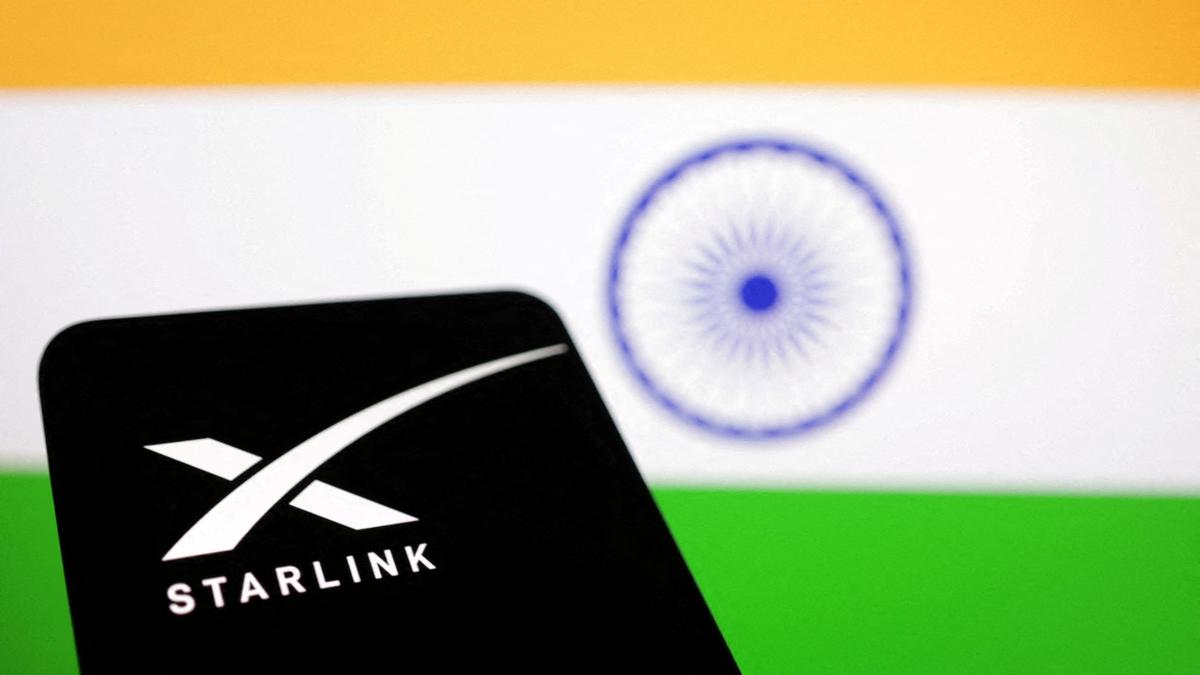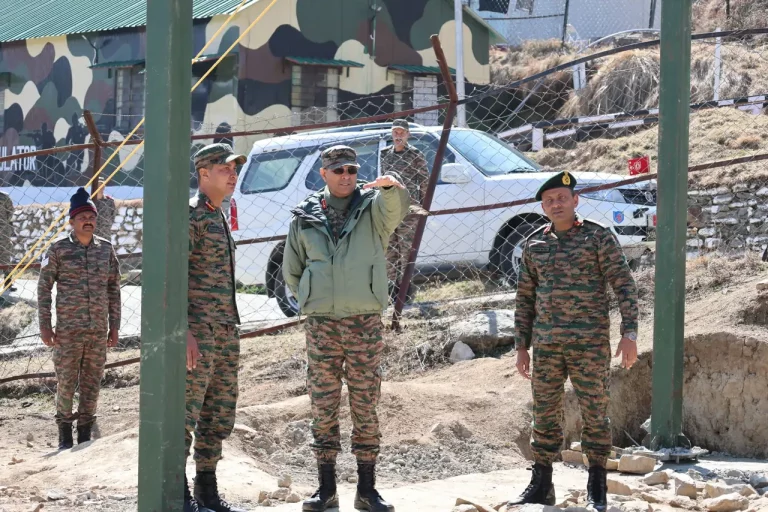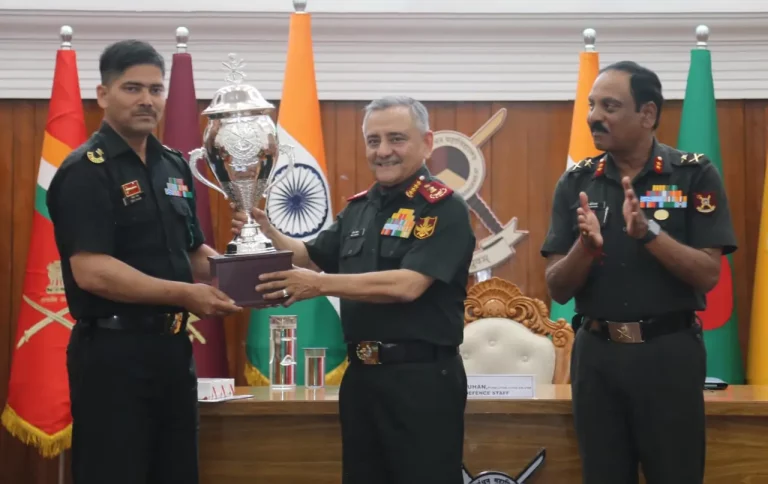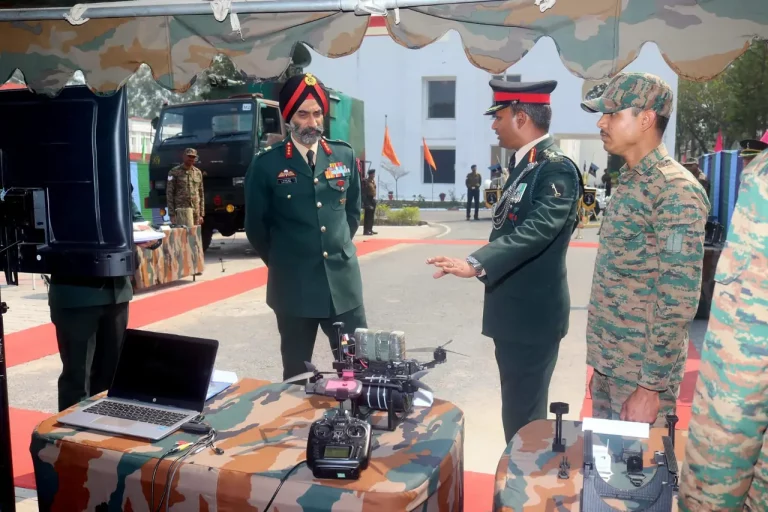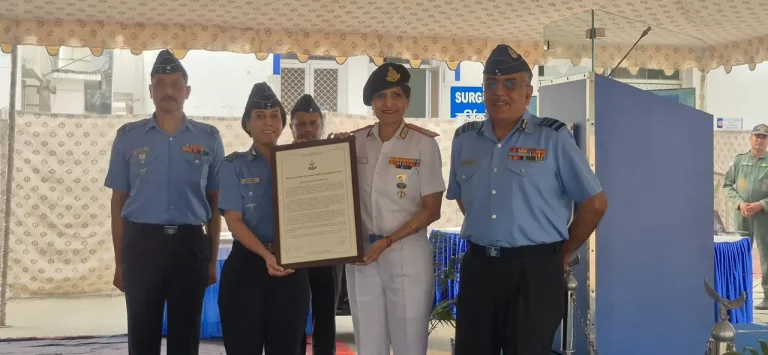Elon Musk’s satellite internet service, Starlink, has achieved a significant milestone by obtaining a license from India’s Department of Telecommunications (DoT). This approval positions Starlink as the third company, following Eutelsat OneWeb and Jio Satellite Communications, to receive such authorization, enabling it to progress towards launching its services in the Indian market.
Sources within the DoT confirmed on June 6 that Starlink has been granted its license. The company is expected to receive trial spectrum within 15 to 20 days upon the submission of a formal application. This trial spectrum is crucial for testing Starlink’s systems and ensuring they align with India’s stringent surveillance and security measures.
The proximity of the license approval to a public altercation between Musk and former U.S. President Donald Trump is noteworthy. The conflict became contentious when Musk criticized Trump’s expansive tax and spending bill. Trump retaliated with threats to revoke U.S. government contracts with Musk’s businesses, including SpaceX. Musk responded by asserting that Trump “would have lost” the last election without his support.
Despite the ongoing political drama in Washington, Starlink remains focused on expanding its footprint in India. The satellite internet provider has already entered into strategic partnerships with major Indian telecommunications firms such as Reliance Jio and Bharti Airtel, which collectively command over 70% of the country’s telecom market share.
Starlink, a project of Musk’s aerospace company SpaceX, utilizes a constellation of more than 7,000 low-Earth orbit (LEO) satellites to deliver high-speed and low-latency internet access. This number is expected to soar past 40,000 in the following years. Unlike traditional geostationary satellites, Starlink’s LEO network provides enhanced speeds and reliability, particularly benefiting remote and conflict-affected areas.
While receiving the DoT license is a crucial advancement, formal approval from India’s space regulatory body, In-SPACe, remains pending. Furthermore, companies like Starlink must prove full compliance with Indian security regulations before launching services. This includes requirements for legal interception, local data processing, and the localization of at least 20% of their satellite ground infrastructure.
India’s telecom regulatory authority, TRAI, has proposed a spectrum charge of 4% of adjusted gross revenue (AGR) for satellite companies. This rate is higher than what many firms had lobbied for, along with an additional charge of ₹500 per urban subscriber annually, although rural users would not be subject to this fee.
The Cellular Operators Association of India (COAI), representing leading terrestrial telecom operators like Jio and Airtel, has raised concerns about TRAI’s recommendations, claiming that satellite firms are receiving spectrum at unfairly low rates. Nevertheless, TRAI has dismissed these objections and has ruled out any potential reviews of its decisions.
As the regulatory and technical frameworks develop, Starlink is positioned to potentially revolutionize internet access in India, particularly in rural and underserved regions, bringing space-based internet services to a broader audience.
